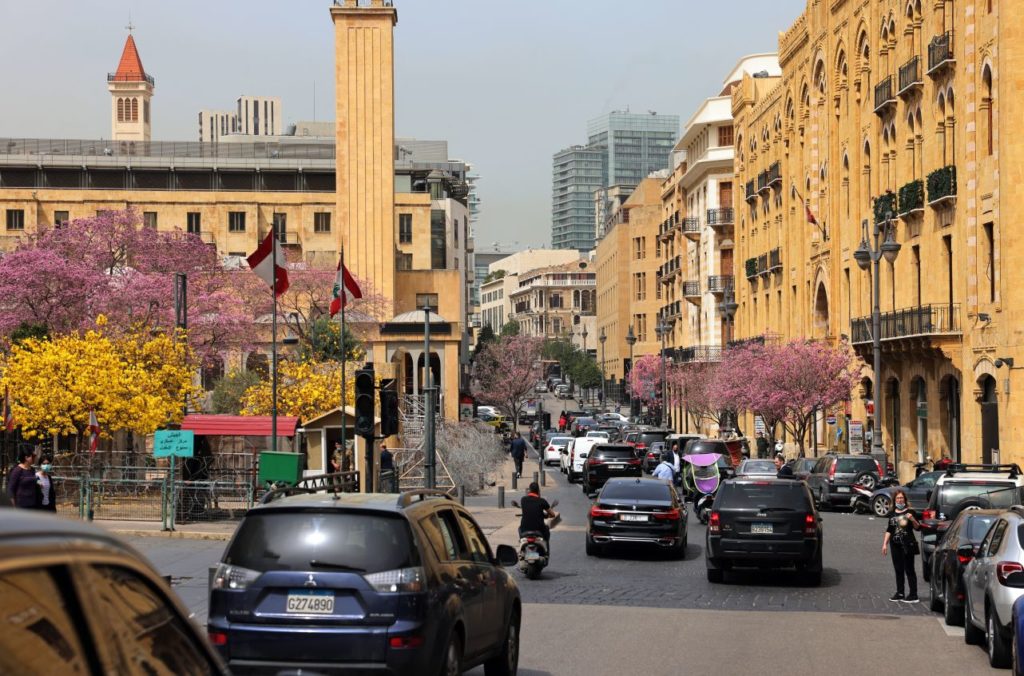São Paulo – The International Monetary Fund (IMF) reached an agreement with the Lebanese authorities to provide financing support to help the Arab country emerge from its severe economic crisis. The agreed program, which is subject to IMF management and the Executive Board approval, provides access to a four-year Extended Fund Facility (EFF) of USD 3 billion. Pictured above, Beirut.
According to a press release made public by the IMF, the fund will support Lebanon’s reform strategy to restore growth and financial sustainability, strengthen governance and transparency, and increase social and reconstruction spending. This will be complemented by the restructuring of external public debt that will result in sufficient creditor participation to restore debt sustainability and close financing gaps.
After leading an IMF mission, Ernesto Ramirez Rigo said the country is facing an unprecedented crisis, which has led to a dramatic economic contraction and a large increase in poverty, unemployment, and emigration. “This crisis is a manifestation of deep and persistent vulnerabilities generated by many years of unsustainable macroeconomic policies,” he said, mentioning policies such as support for an overvalued exchange rate and an oversized financial sector, combined with severe accountability and transparency problems and lack of structural reforms.
According to Rigo, these all came to a head in late 2019 with the acceleration of capital outflows from Lebanon that led to the sovereign default in March 2020, followed by a deep recession, a dramatic fall in the value of the Lebanese currency and a triple digit inflation. These have been compounded by the COVID-19 pandemic and the August 2020 port of Beirut explosion, while the war in Ukraine 2022 is exacerbating pressures on the current account and inflation and straining further food and fuel supplies.
After talks with government officials, Rigo says the authorities recognize the urgent need to initiate a reform program to tackle these challenges. The plan is based on restructuring the financial sector to restore banks’ viability, implementing fiscal reforms, reforming state-owned enterprises, strengthening governance frameworks to enhance transparency, and establishing a credible and transparent monetary.
The plan aims to achieve a primary deficit of 4% of gross domestic product (GDP) in 2022, thus allowing for improving public finances and increasing allowances to public sector employees to re-start the functioning of the public administration and for an increase in social spending, with the goal of protecting the most vulnerable. The budget deficit will be externally financed, and the practice of the Central Bank financing will be abolished in the country.
According to the statement, the authorities are cognizant of the challenges in implementing this agenda but have stressed that this program is critical to end the current crisis and enjoys the support of Lebanon’s broad political leadership. According to the IMF, the authorities expressed they will sustain its implementation during the upcoming parliamentary and presidential elections.
Translated by Guilherme Miranda




